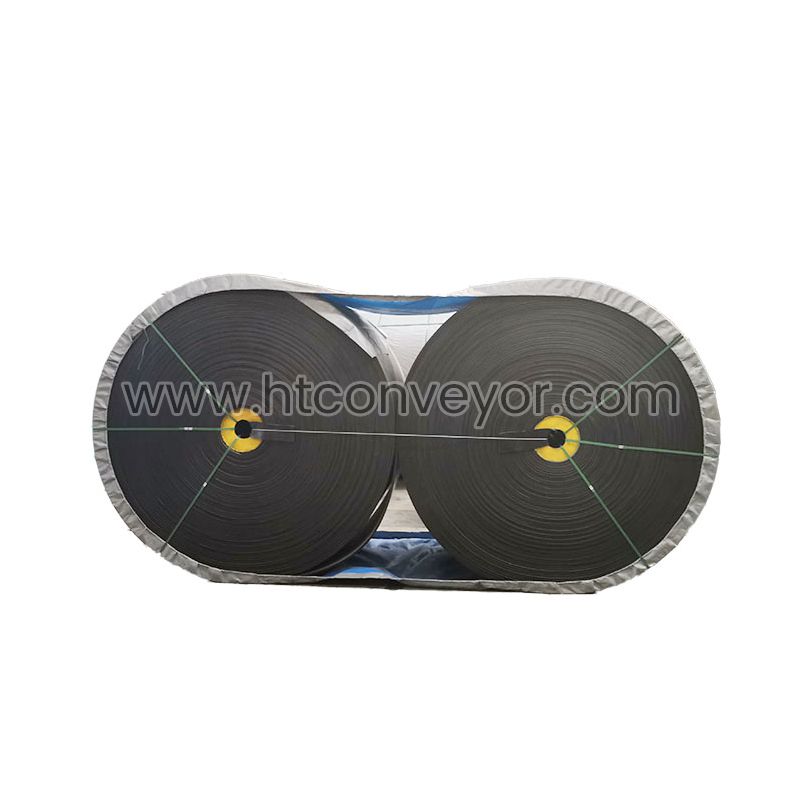Sep. 12, 2023
Machinery
In industries where the transportation of materials is a critical component of daily operations, conveyor belts are the unsung heroes, efficiently moving goods from one point to another. However, not all conveyor belts are created equal. In environments where oil and grease are present, a specialized type of conveyor belt comes to the forefront – the Oil Resistant Conveyor Belt. In this article, we will explore the unique features, applications, and advantages of these specialized conveyor belts.
**1. Understanding Oil Resistant Conveyor Belts:
Oil Resistant Conveyor Belts are a type of conveyor belt specifically designed to operate effectively in environments where contact with oils, greases, and petroleum-based substances is common. These belts are engineered to withstand the challenges posed by these oily conditions while maintaining their structural integrity and longevity.
**2. Composition and Construction:
Oil Resistant Conveyor Belts are typically constructed with specialized materials and layers to provide the required resistance to oil and grease. Key components may include:
Cover Compounds: These belts feature cover compounds made of synthetic rubbers or blends that are inherently resistant to oil and grease. Nitrile rubber (NBR) is a common choice due to its excellent oil resistance.
Reinforcement Layers: Reinforcement layers, often made of synthetic fabric materials like polyester or nylon, provide the belt with strength and durability.

Specialized Fabric Treatments: Some belts incorporate fabric treatments or coatings to enhance their oil resistance further.
**3. Applications of Oil Resistant Conveyor Belts:
Oil Resistant Conveyor Belts find their applications in a wide range of industries and environments where oil, grease, or oily substances are prevalent:
Agriculture: These belts are used in agricultural machinery for conveying grains, seeds, and other agricultural products that may come into contact with oils or lubricants.
Manufacturing: In manufacturing facilities, where machines and equipment rely on oils and lubricants, Oil Resistant Conveyor Belts are essential for moving materials throughout the production process.
Mining and Quarrying: The mining industry often involves the transport of ores, minerals, and aggregates, some of which may be oily or greasy. Oil Resistant Conveyor Belts are crucial for handling such materials.
Recycling: Conveyor systems in recycling plants benefit from oil-resistant belts as they handle materials that may have residual oils or contaminants.
Food Processing: In food processing facilities, where oils and greases are commonly used, these belts ensure the safe and hygienic movement of ingredients and products.
**4. Advantages of Oil Resistant Conveyor Belts:
The adoption of Oil Resistant Conveyor Belts offers several advantages for industries operating in oily environments:
Durability: These belts are engineered to withstand the harsh effects of oils and greases, resulting in extended service life and reduced maintenance costs.
Reduced Downtime: The resilience of Oil Resistant Conveyor Belts minimizes the need for frequent replacements and repairs, reducing downtime and increasing productivity.
Cost-Efficiency: By investing in specialized belts that can withstand oily conditions, industries can achieve long-term cost savings due to reduced replacement and maintenance expenses.
Safety: Oil Resistant Conveyor Belts contribute to workplace safety by ensuring the reliable and continuous movement of materials in environments where oils or greases are present.
**5. Conclusion:
Oil Resistant Conveyor Belts are a crucial component in industries where oily environments pose challenges to material handling. Their specialized design and composition make them reliable, durable, and cost-effective solutions for conveying materials safely and efficiently. As industries continue to evolve, the demand for these specialized belts will remain, ensuring that conveyor systems can operate seamlessly even in the face of oily challenges.
Previous: Characteristics and Main Uses of Oil-Resistant Conveyor Belts
Next: Mastering Material Handling: The Fork Positioner Advantage
If you are interested in sending in a Guest Blogger Submission,welcome to write for us!
All Comments ( 0 )